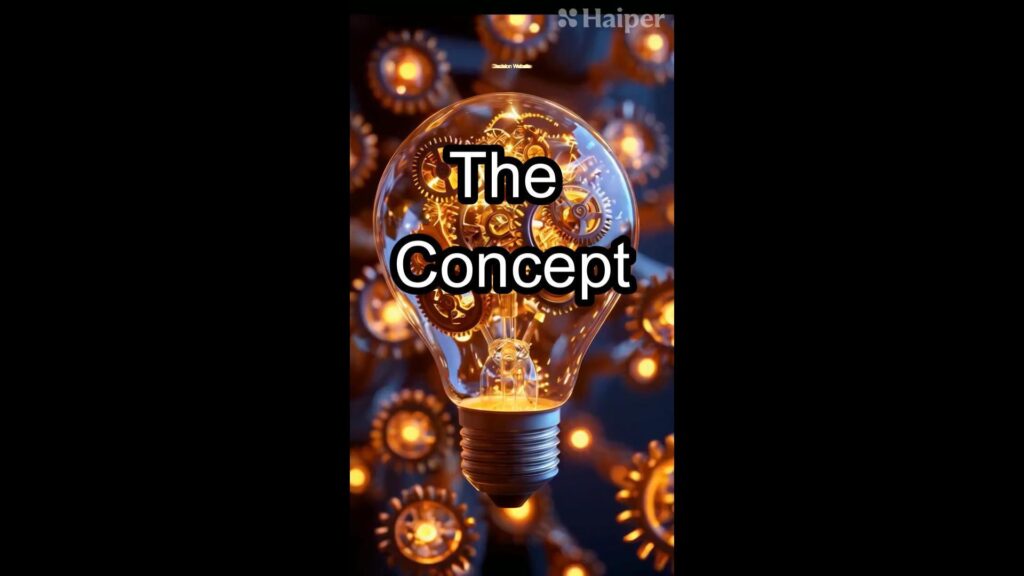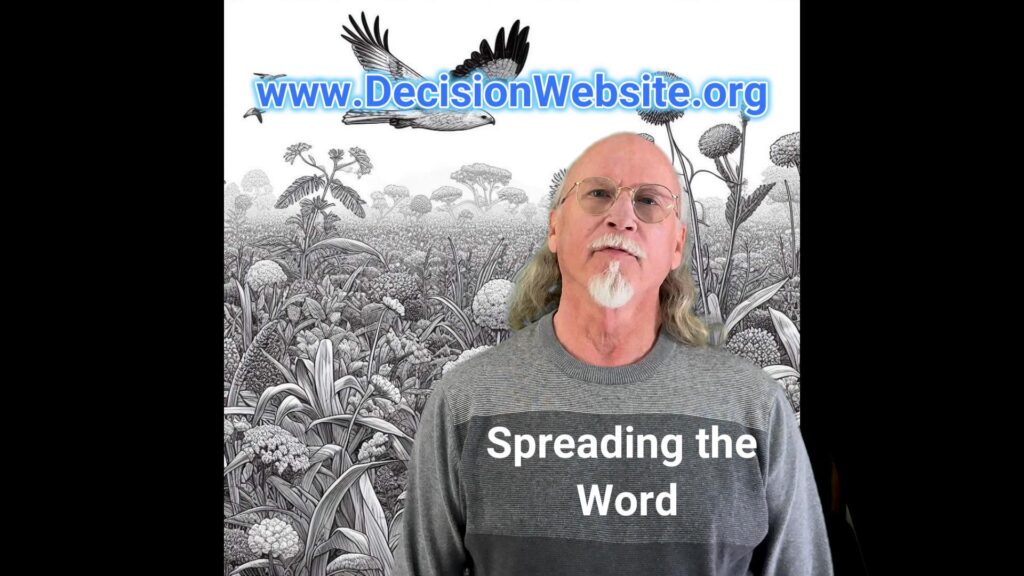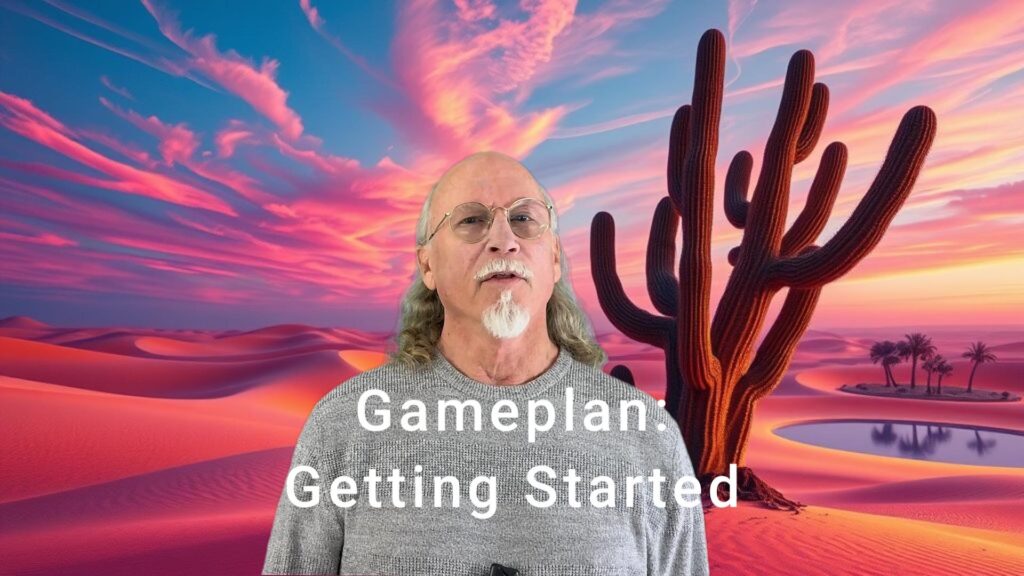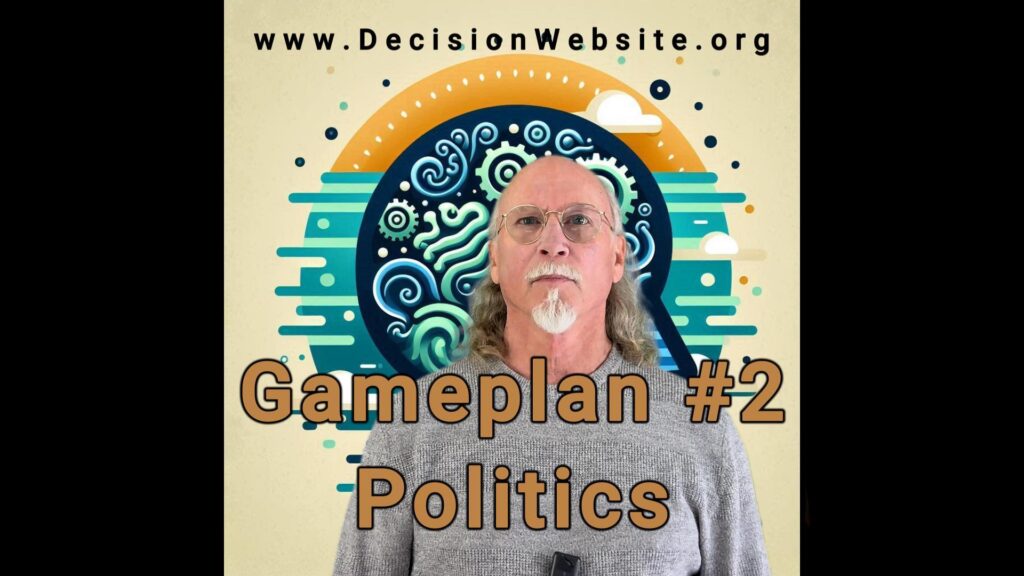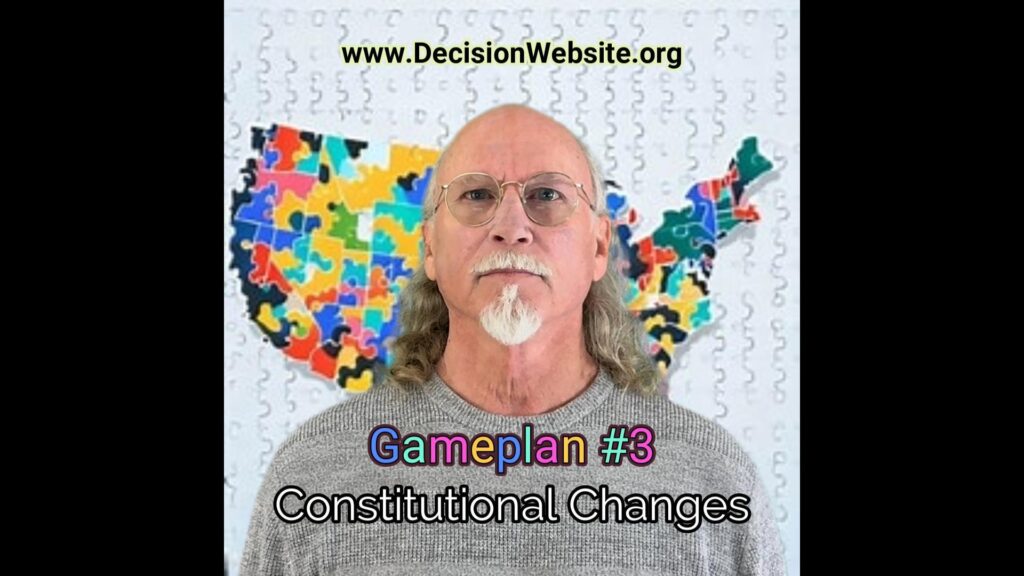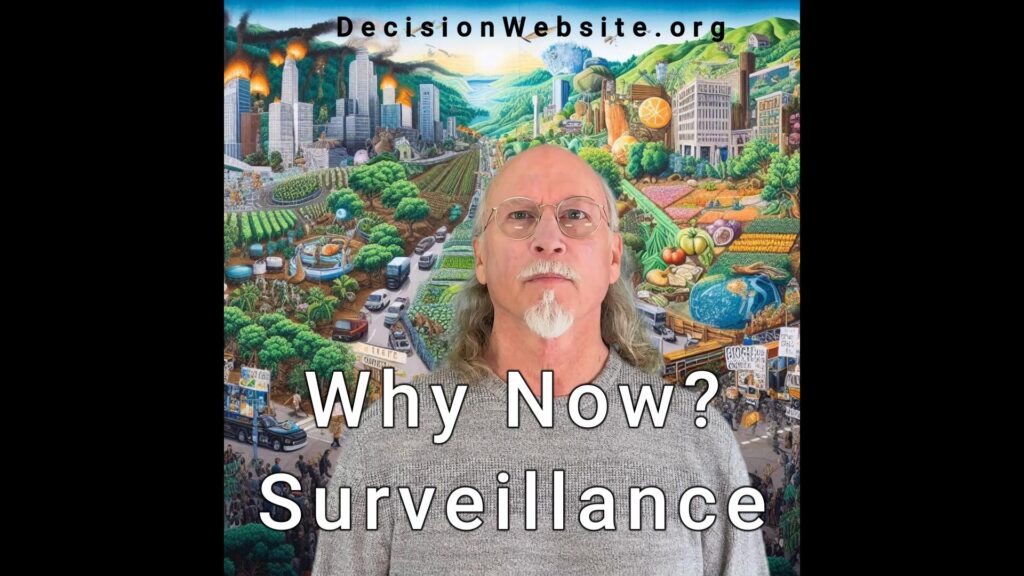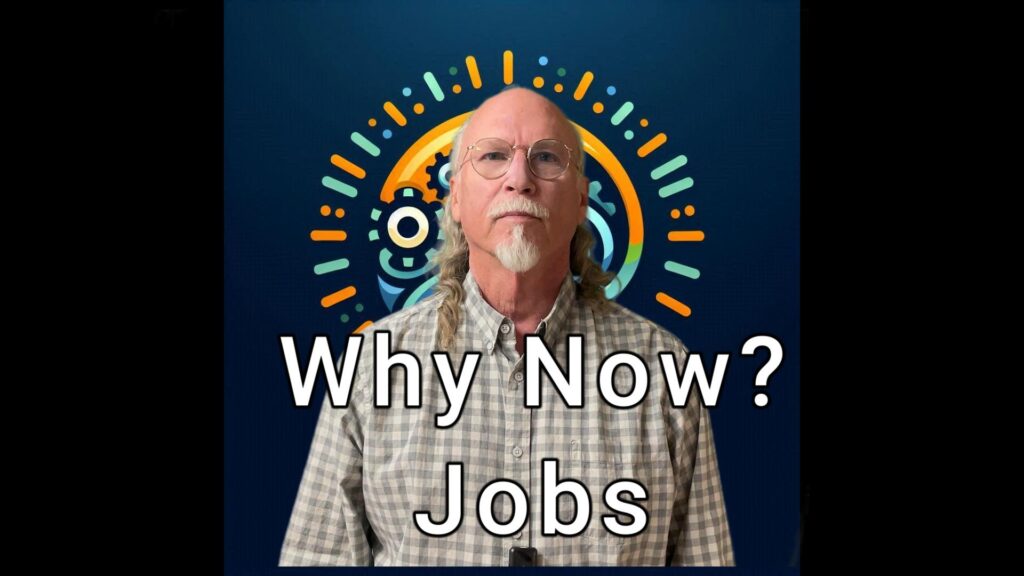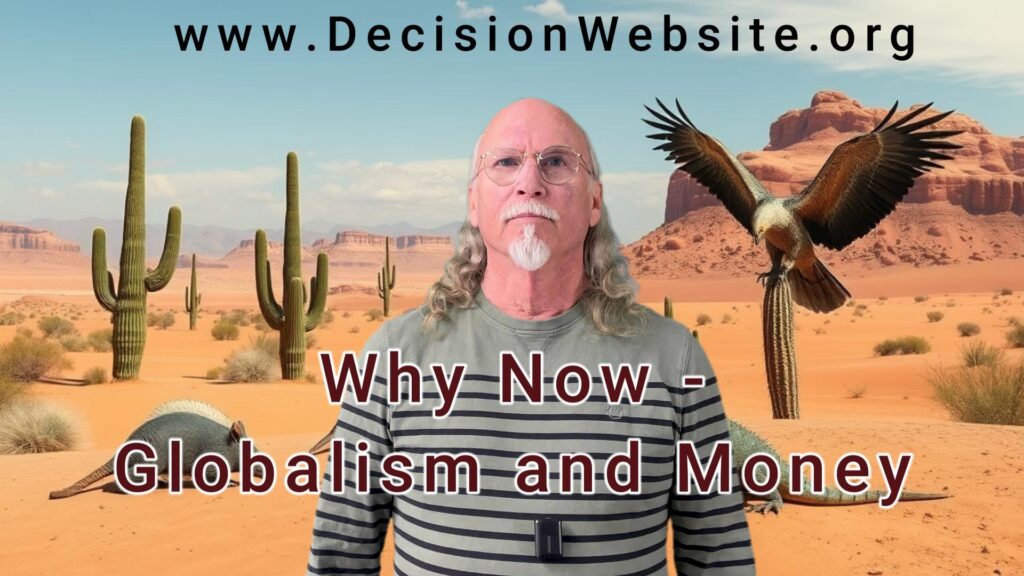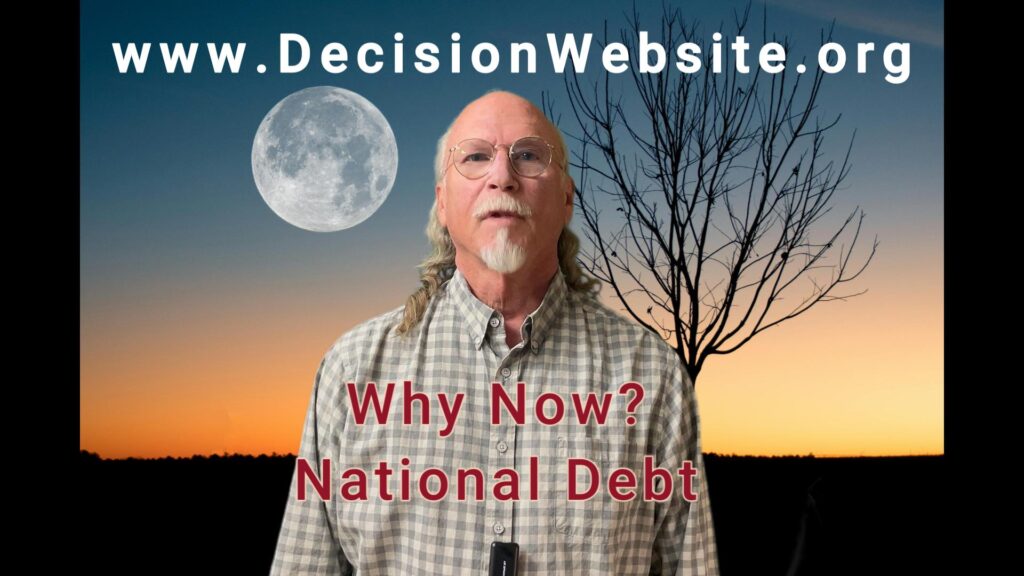Why We Need Constitutional Change
.
Our 1788 Constitution was an amazing document. It was a slap in the face to autocratic kings and queens. The values of liberty and equality were elevated. The voice and rights of the common person was acknowledged. It recognized the power of government to be a danger to the citizenry.
.
Far too much time passed, but eventually we corrected major flaws. The unconscionable acceptance of slavery was undone. And women were finally understood to be equal citizens.
.
Along the way, other amendments were made to fix various procedures. And yet today we still see obvious flaws that affect the integrity of our democracy. We have to recognize that the process to fix problems in our constitution moves very slowly. In fact, we should ask ourselves if we don’t need a more assertive approach. Passing a suite of amendments that corrects all of the known problems and shifts the power back towards the citizenry, makes reasonable and practical sense.
.
◆◆◆◆◆◆◆◆◆
.
Here’s a quick look at some of the outstanding problems.
.
1) Campaigns
Money drives campaign success and so those with money (even corporations) hold more power than the rest of us. And the need for politicians to acquire that money adds an uncomfortable and often corrupting influence. Fixing this problem has collided with our freedom of speech as seen in the court case, Citizens United, and so is difficult to fix without constitutional change.
.
2) Elections
Our election procedures are being hammered upon to find weaknesses. And in fact, there are election weaknesses in our Constitution that need to be fixed. In a digital age, the task to guarantee integrity is tricky and requires guidelines that we all agree upon. The method of registering voters would benefit from a cohesive approach across all states. In addition, the process of certifying election results needs to be clearer, and be prescribed unalterably by the people.
.
3) Lobbying
Industries use a politician’s need for campaign dollars to effectively purchase lobbying influence. In other words, industries get beneficial legislation that politicians or the citizenry would otherwise not approve.
.
There are plenty of ways industries and special interests can make their case publically to the country and to politicians without private meetings. The same applies to the writing of legislation that is often drafted by industries themselves (see ALEC) and submitted through a politician. If our representatives need more resources to design legislation without letting industries do it for them, then let’s give them those resources.
.
↑ TOP
4) Political Parties
Our constitution did not plan for the kind of power that the political parties wield. It fact the Constitution doesn’t mention parties at all. The inner workings of our Democrat and Republican parties control politicians by choosing who to support in primaries, who gets party money, who gets assigned to committees, who gets publicity from leadership roles and speeches, and whose congressional bills the party will support. That’s why politicians tow the party line even if they have conflicting opinions. We need to change our system to negate this power of the parties and let politicians act from their own personal reasoning.
.
5) Third Parties
We have a “winner take all” voting mechanism. Consequently, we don’t vote for 3rd party candidates because our vote gets wasted. The result is that new 3rd party ideas lack exposure and traction. A “ranked voting” mechanism (vote your 1st, 2nd, 3rd choice) and proportional elections (each party gets representation based on their election results) would help this problem.
.
6) Secrecy
There is too much secrecy in our government. Real transparency would unravel the distrust we feel. At least an elected independent and stronger “inspector general” system, with authority to view everything, would add a needed check-and-balance process.
.
7) Bill of Rights
We need to strengthen the Bill of Rights to ensure equality, privacy, and additional freedoms. Consider the right to our own bodies (abortion/ vaccines/ end-of-life).
.
See some ideas how the Bill of Rights could be expanded.
.
8) Term Limits
The reelection motives of career politicians causes problems. Term limits should be considered in conjunction with campaign reform.
.
↑ TOP
9) Direct Democracy
It is time for us to strengthen the power and voice of the people. Should we look at Direct Democracy or some other means for empowering the citizenry? Could we use the Decision Website in an official capacity to create an additional check-and-balance within the government?
.
10) Amendment Process
If we can guarantee that power has been shifted back to the citizenry, then we might also improve the way amendments are made, so as to give us added flexibility in the future.
.
11) Supreme Court
We have a divide in the Supreme Court as to how the Constitution should be interpreted, originalism versus living or textualism versus pragmatism. We should debate and resolve this ongoing polarization and clarify it in the constitution.
.
Then there is the issue of lifetime appointments for justices in an era where people live to very old ages. We might even make the supreme court a directly elected official.
.
12) Presidential Power
Some people believe that the Constitution gives the President far more power than has been used in the past. Can the president’s executive orders be taken too far? Could the president use the regulatory agencies as a personal legislative tool? Is the president able to declassify documents in such a way that the nation becomes vulnerable to security leaks? Is the president in control of civil service jobs? Isn’t it time to clarify the President’s role and power with a constitutional amendment?
.
13) Regulatory Agencies
Do agencies need a stronger oversight? Can we devise a way for the citizenry to have more input? Are Departments and Agencies simply too big to be run by the president alone?
.
14) Representative Democracy
Representatives hold grudges, have personal biases, conceal hidden agendas, avoid the truth to protect themselves, are vulnerable to outside pressures, and succumb to the effects of power and fame. We should revisit the role of representatives.
.
For a deeper dive into this issue…
Problems with Representative Democracy.
↑ TOP
15) Too Large
Is our government too large and complex? Do we need to restructure some authority or add more players to the mix? A lot has changed in 230+ years and the government is far larger and more complex today.
.
16) Large Bills
There is a need to visit the large multi-purpose bills that cause pork barrel spending, partisan packed addendums, and results in political stagnation.
.
17) Gerrymandering
Redistricting (Gerrymandering) needs to be resolved to take away the politics involved.
.
18) Electoral College
We should examine and weigh the effects of the electoral college. It’s a protection to give power to a geographic area, i.e. states with relatively low populations, versus the population of the country as a whole. Is this protection best applied to a presidential election or are there other ways to support the voice and needs of sparsely populated areas? Is the Senate with its two representatives per state already enough to ensure the rights of broader geographical territories?
.
This is a far-reaching topic that can include our approach to guarantee that rural areas are understood when making both federal and state laws. It also has the philosophic elements of regional control versus centralized power.
.
19) Senate and House Rules
Senate and House rules seem practical on the surface, but they have the effect of creating party discipline where politicians are kept inline by their party leadership. The consequence is a partisan and often dysfunctional Congress. We can create basic constitutional rules to govern these procedures.
.
![]()
It’s All Interrelated.
![]()
↑ TOP
We need to ask ourselves if tackling problems issue by issue, will ever result in the system we want. It is quite possible that the changes would be ineffective unless they are implemented as a group to close the loopholes.
.
The Constitution speaks to the mechanism of a Constitutional Convention, where a broader range of amendments could be considered. Other than the first Constitutional Convention in 1787, the U.S. has never had a constitutional convention. We have only made constitutional amendments one at a time, and that process is heavily controlled by the US Congress.
.
We definitely do not want a constitutional convention right now, before power has been shifted back to the people. A convention today would be manipulated and controlled by the current party power structure. Our politicians and political parties do not want to give up any authority.
.
So the idea is to create a voice and source of power for the citizenry, and take control of that convention process. With the Decision Website, the citizenry determines the nature of our problems, what we need to do, and orchestrates those changes. This can all be done with the Decision Website model.
.
The next article lays out a timeline and plan for a constitutional convention.
.
.
Suggested Next: Path to a Constitutional Convention
.
↑ TOP
.
